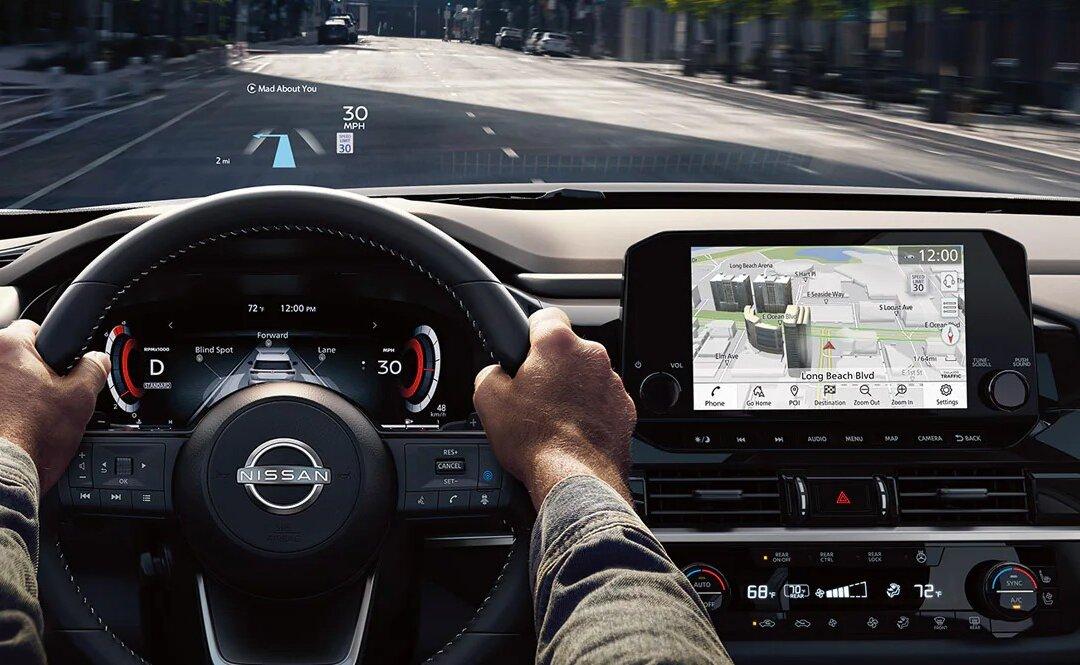The Alliance of British Drivers (ABD) has urged the British government not to follow the European Union, which has this week made it mandatory for all new cars, vans, and lorries to be fitted with Intelligent Speed Assistance (ISA) technology.
ISA detects speed limits on roads through satnavs and other devices and gives audible or vibrating warnings, or even gives extra resistance on the accelerator pedal. Some versions actually bypass the driver and automatically reduce the speed of the car.





